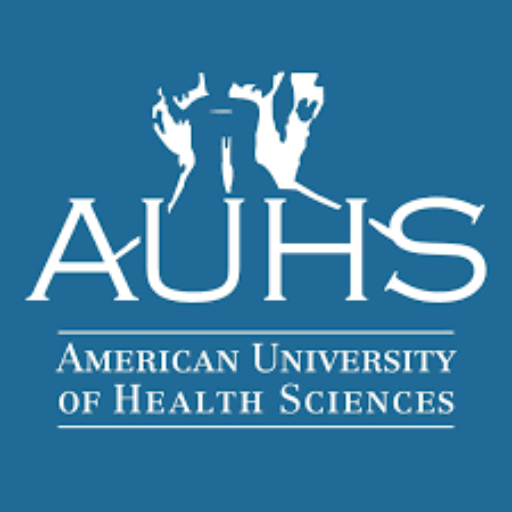PROCEDURAL ADDENDUM TO HIV/ AIDS POLICY
In addition to the University HIV/ AIDS Policy, the following statement apply to MSN students and faculty in the SON Graduate Program in relation to Human Immunodeficiency Virus (HIV), Acquired Immunodeficiency Syndrome (AIDS), Hepatitis B Virus (HBV), Hepatitis C Virus (HCV), Hepatitis D Virus (HDV), and Hepatitis G Virus (HGV) since health care activities may put an individual at higher risk for these diseases.
- No individual shall be denied an opportunity for admission into the SON Graduate Program or employment in connection with the SON Graduate Program because that individual is infected with a dangerous communicable disease such as HIV, AIDS, HBV, HCV, HDV, or HGV, as long as (a) AUHS SON graduate program is able to make reasonable accommodations for the individual and (b) the disease does not create a direct threat, as both of the underlined terms are defined in the Americans with Disabilities Act.
- Students and faculty should be aware that as novice practitioners with limited skills in practice settings, students may have a greater risk of unintended puncture with sharp medical instruments and are at a greater risk of exposure to HIV, AIDS, or Hepatitis.
- No MSN student or faculty may ethically refuse to treat a patient solely because the patient is at risk of contracting, or has contracted, an infectious disease such as HIV, AIDS, or Hepatitis.
- MSN students and faculty must follow professional guidelines as well as guidelines of the health care agency relative to confidentially concerning the patient with HIV, AIDS, or Hepatitis.
- In order to reduce the possibility of exposure to Hepatitis B Virus, MSN students and faculty will follow the policies in effect for the AUHS SON graduate program.
- Students and faculty who are exposed to HIV, AIDS, or Hepatitis as a result of exposure to blood and body fluids such as a needle stick or other injury have the responsibility to notify their faculty or supervisor in the AUHS SON graduate program immediately after the occurrence and to follow post-exposure instructions under the guidance of their health care provider. Information on post-exposure prophylaxis may also be obtained from the Center for Disease Control (Accreditation Commissions.cdc.gov). Exposure should be considered an urgent medical concern in order to ensure timely post- exposure management. The student will be excused from clinical for the day in order to seek treatment as indicated.
a. Before starting the practice experience rotation, MSN students are required to present verification that immunization for the Hepatitis B series has been started. Documentation that the series has been completed needs to be provided according to the appropriate time frame in order to continue in the clinical courses.
b. MSN faculty, who provide clinical supervision to students, will supply documentation of vaccination, immunity. - Students are required to be tested for HIV when patients are exposed to the student’s blood. Positive test results should be communicated to the health care agency and the agency procedure followed.
